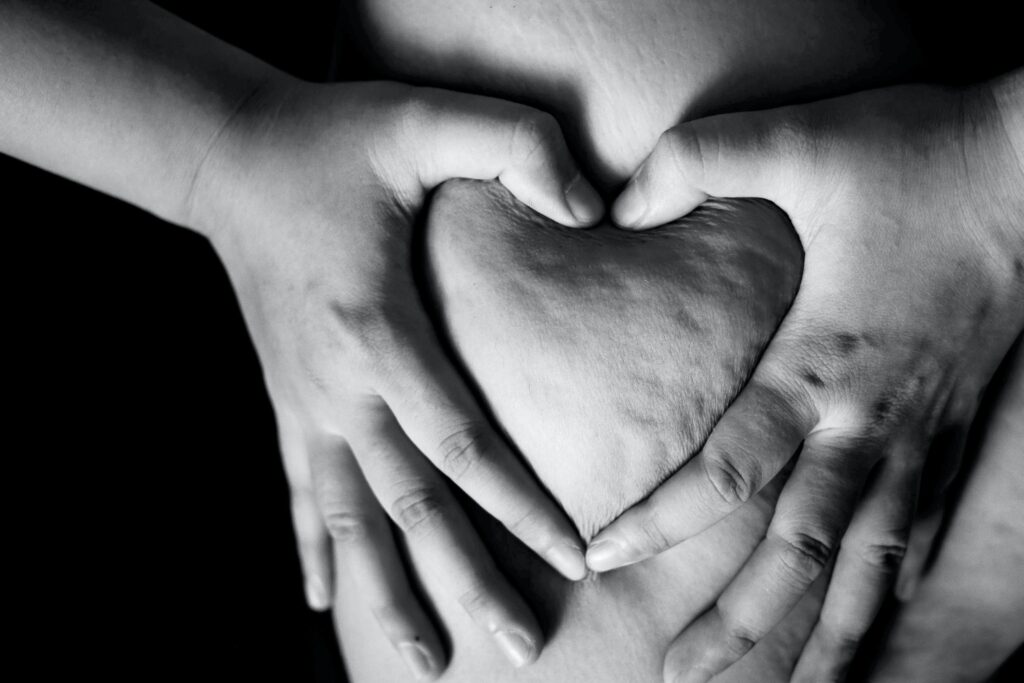
Moving on from diet culture: a guide for 20-somethings
Diet culture is, in a nutshell, a belief system that values thinness and appearance over health and well-being. With over 450,000 hashtags on Instagram alone, this term is well-known by many on social media.
But how do we move on from something that has become so normalised in our society?

Along with seeing thinness as better, diet culture creates a set of ever-changing myths and rules about food and body. The narrative that there’s a perfect way of eating and a perfect body to strive for has meant that nearly two thirds of British people are on a diet ‘most of the time’. Despite this, research shows that dieting is associated with disordered eating, increased risk for eating disorders, low self-esteem, and depression.
We want to share 4 of the most effective ways to move on from diet culture, according to evidence-based outcomes:
1 Spot diet culture and question its motives
Most of us in our 20s have been surrounded by diet culture messages growing up. Some examples include skinny teas promoted by influencers, Kate Moss’s infamous motto ‘nothing tastes as good as skinny feels’, women’s bodies being criticised in magazines, and hearing comments like ‘you’ve earned your breakfast now’.
On an internal level, this can look like feeling guilty for eating something that’s deemed ‘bad’, feeling more or less worthy depending on your body shape/weight, and using exercise as a way to ‘burn off’ food instead of moving because you want to.
Increasing your awareness to diet culture when it shows up means you get to make a conscious choice to internalise it or let it go. We encourage you to get curious about its intentions so that you can differentiate between what’s keeping you stuck in diet culture and what’s actually encouraging health and well-being.
2 Take a look at intuitive eating, the framework to heal your relationship with food
Intuitive eating (IE) is a self-care eating framework developed by Evelyn Tribole and Elyse Resch in 1995. To date, around 200 studies support IE which includes honouring your hunger, feeling your fullness, and letting go of food rules.
Diet culture blocks our ability to connect with our internal hunger cues and inner wisdom, leading to a lack of self-trust. If dieting or disordered eating has been your experience, learning to trust your body again can be a really difficult process.
Rewiring your brain to think differently takes practice and is possible, which is why Tribole and Resch released an Intuitive Eating Workbook.
3 Remember that health and beauty standards are not hard truths
Whilst eating nutrient-dense foods and moving your body can support good health, if this is taken to the extreme or is largely influenced by current beauty ideals, then there’s an opposite effect.
The question that we really need to be asking is ‘are you afraid of gaining weight, or are you afraid of not being accepted?’. Fatphobia and weight discrimination are incredibly harmful, creating domino effects like increased stress levels and avoiding doctor’s appointments. We need to educate ourselves on the intrapersonal, interpersonal, and institutional fatphobia that exists within our culture.
To find the balance of acknowledging health as important instead of ignoring or obsessing over it, you might think of health as one section of a pie chart. Your relationships, self-care, mental health, career and so on have their place too.
4 Reflect on the language you use around food and body
Words really do matter – this applies to the way we speak to ourselves as well as others. The well-known ‘compliments’ ‘you look amazing! Have you lost weight’ and ‘wow, you look so skinny!’ reinforce the idea that thinner is better. Doing your best to compliment others in ways that are unrelated to their weight and shape is an active change you can make.
Remember, you don’t need to criticise yourself if you’ve made these comments before. It makes sense that you’ve picked up on diet culture talk over the years – so many of us have! Here are a few examples:
Your energy is radiant, I love being around you!
Thank you for supporting me recently, you’re such a good friend.
You’re such a thoughtful person
Using humour to steer away diet culture talk from a conversation can be a helpful tool. If you notice others are interested, you could educate them about what you’ve learned from this blog post.
Final thoughts…
At Talk Twenties, we encourage you to be compassionate and curious with yourself no matter what!
Victoria Niamh, influencer and Self-development Coach talks about body confidence which you can listen to or watch here.
Sophie Killip, Therapist & Coach discusses body image on the Talk Twenties Podcast which you can watch here.


